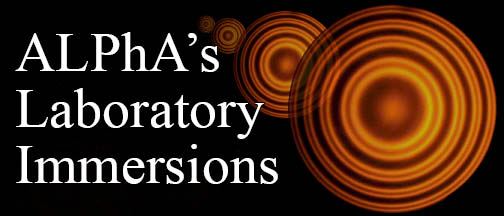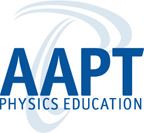- Home
- What We Do
- Laboratory Immersions
- Immersions 2020
- Imm2020Messiah_DiodeLaserSpec
Lasers don’t generally come with a λ-knob, however the wavelength of diode lasers can be swept through a narrow range easily enough. This opens up all sorts of possibilities. In this immersion, we have a diode laser that can be swept through the S1/2 - P3/2 transition (780 nm) of both isotopes of rubidium (87Rb and 85Rb). The first thing we will do is get comfy with the diode laser and sweeping the frequency. We will look at the laser modes first, getting Doppler broadened absorption lines. Then we set up a counter-propagating pump beam and get saturated absorption lines. The hyperfine splitting will be accessible at this point. To make quantitative measurements we will need a “ruler”, to this end we will setup a simple Michelson interferometer. The resolution will be much improved with the addition of a Fabry-Perot cavity. More advanced topics are then open to us including Kramers-Kronig relations and resonant Faraday rotation.
The full system can be purchased for less than $18,000. Many schools with optics programs will have most of the components available and could reduce the cost. Participants should bring their own scientific calculators and some sort of data book.
Mentors: Declan Mulhall
Declan Mulhall received his Ph.D. from Michigan State University where he worked in theoretical nuclear physics at the National Superconducting Cyclotron Laboratory. After 2 years as a visiting assistant professor at CalPoly, San Luis Obispo, he joined the Physic/EE department at the University of Scranton. He has taught a wide range of courses, but became enamored of the upper division labs. Consequently his scholarship is moving from quantum chaos in the nucleus to developing upper division labs at his home department. He has revised the physics department’s curriculum to include laboratory courses in optics, electronics for physics, and an advanced lab. He has attended many Alpha immersions and has implemented most of the las in his home department. He is just off a sabbatical where he, amongst other things, and against his better judgement, home brewed a simple cwNMR apparatus.





